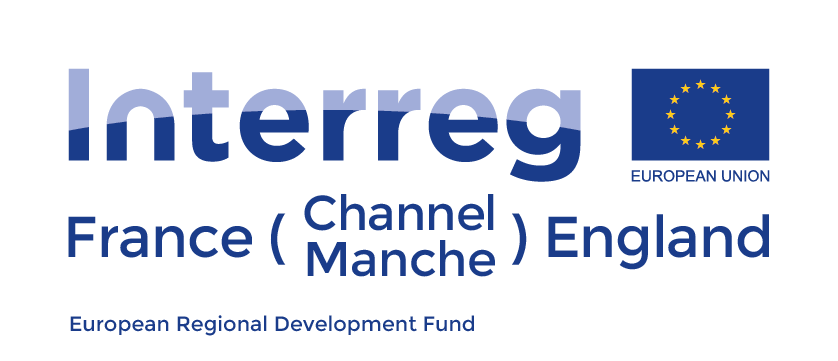CL:AIRE is a UK charity committed to providing a valuable service for all those involved in sustainable land reuse.
We develop training resources, disseminate information and act as a credible resource for all stakeholders, ensuring we remain at the cutting-edge of best practice and innovation.
Website will be closed for essential maintenance from 9 PM Friday 17 October until 5 PM Sunday 19 October.
During this time, the website and eLearning will be unavailable. Portal access remains unaffected.



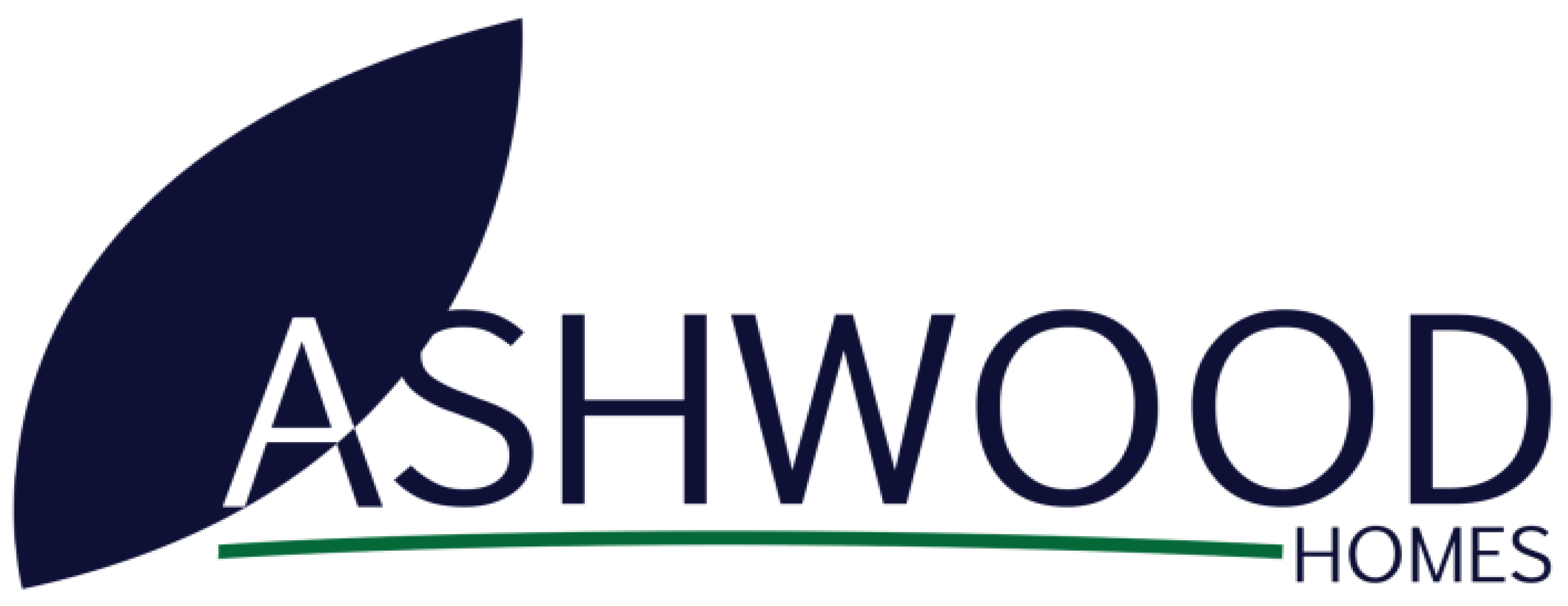

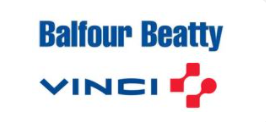
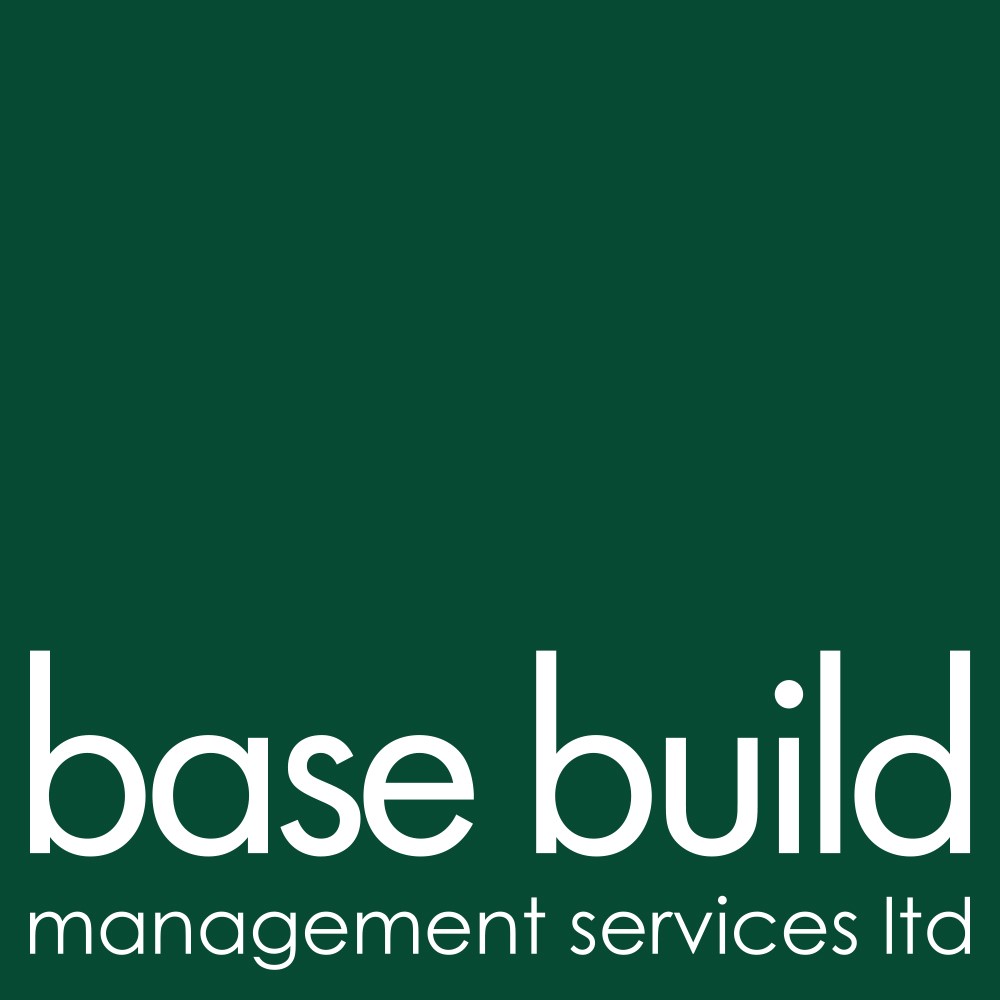
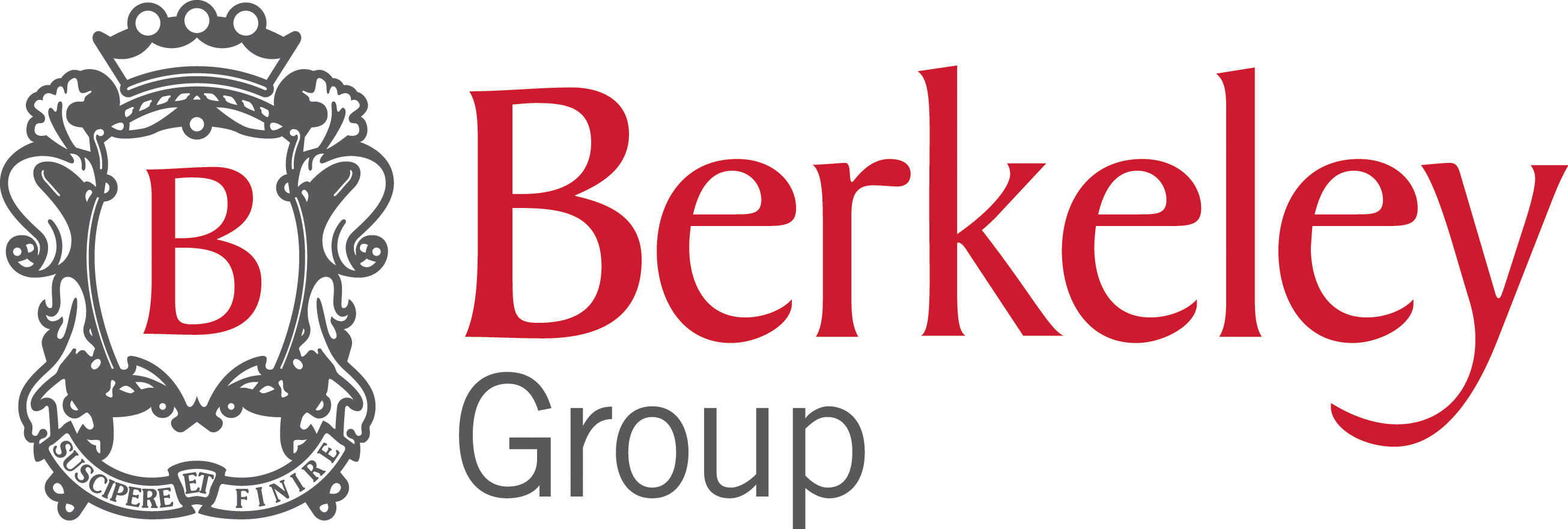


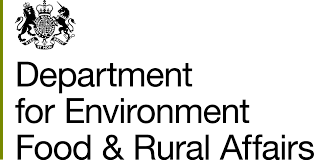
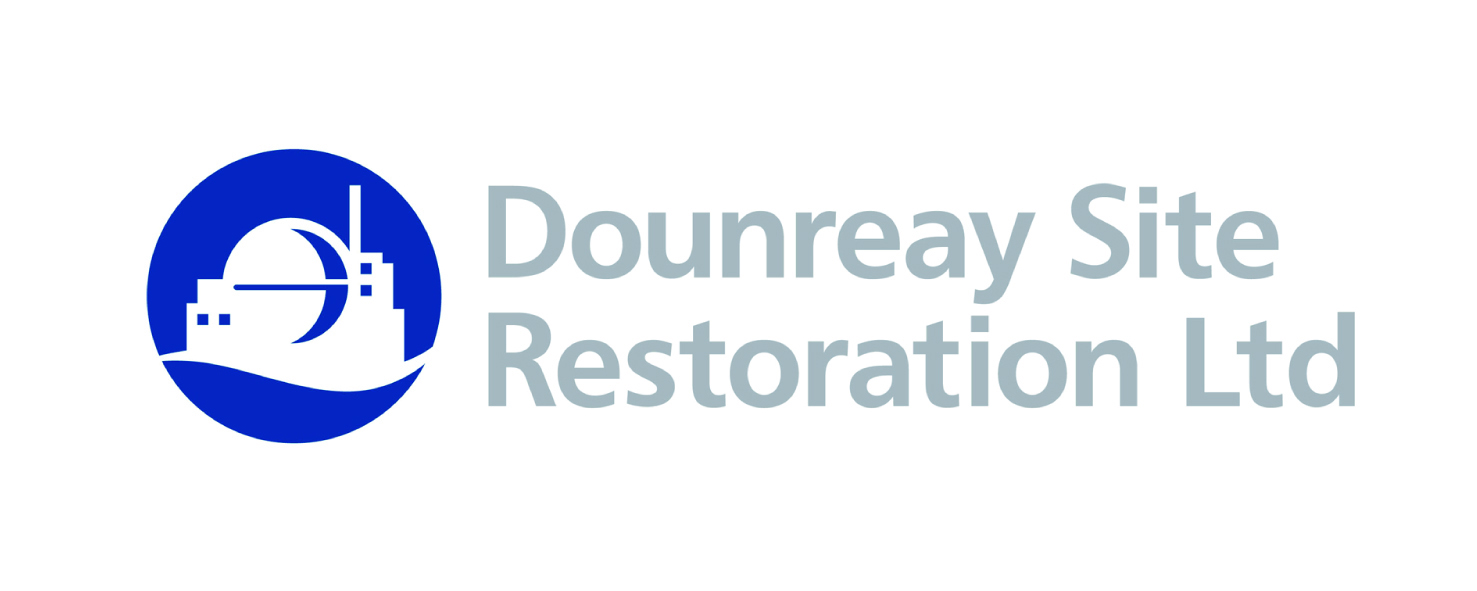
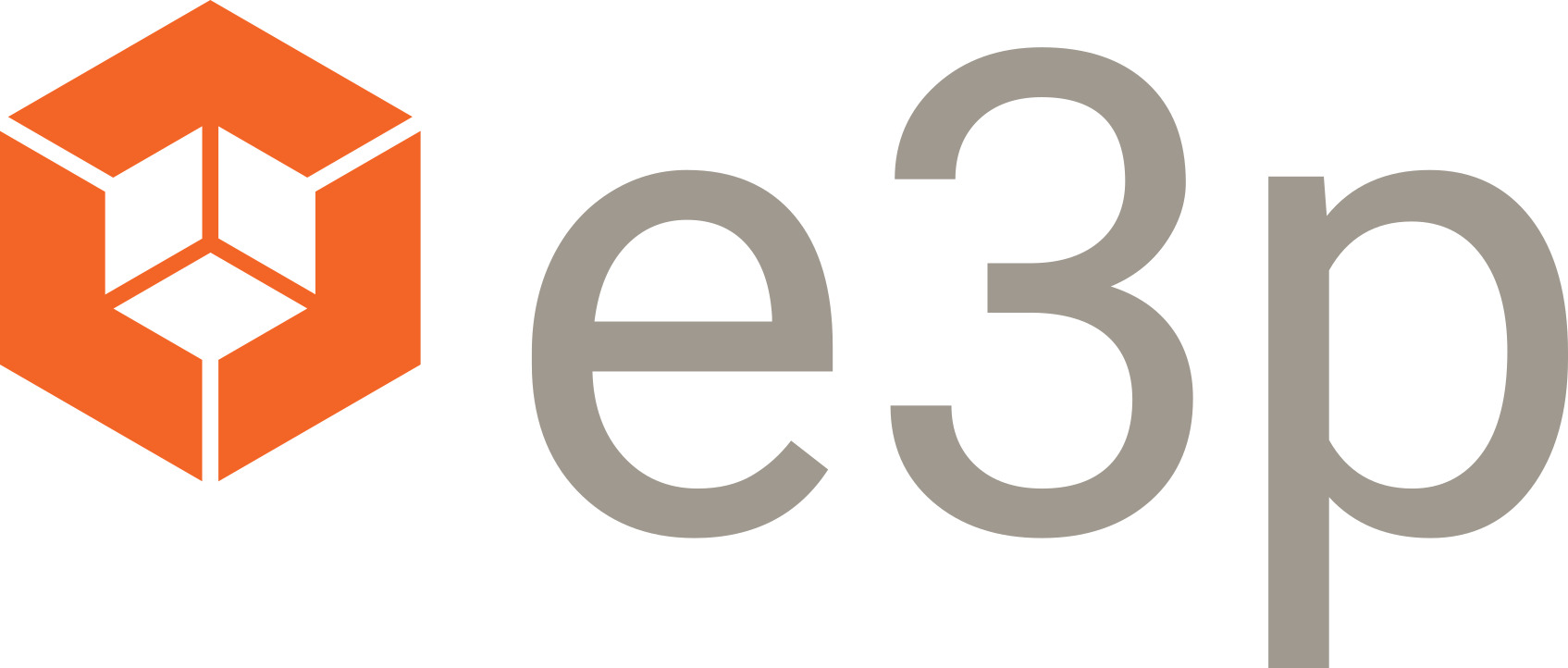



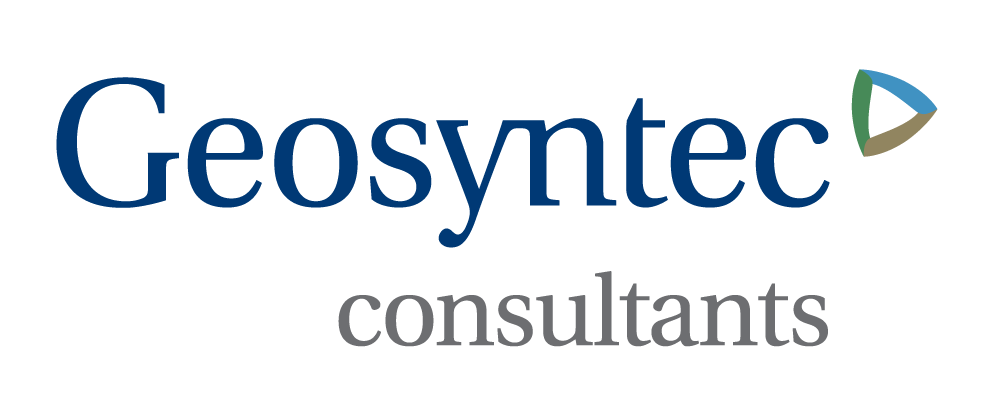
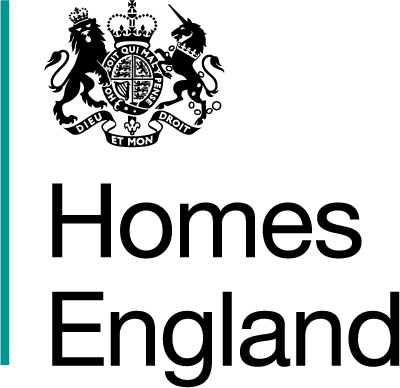





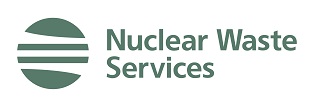



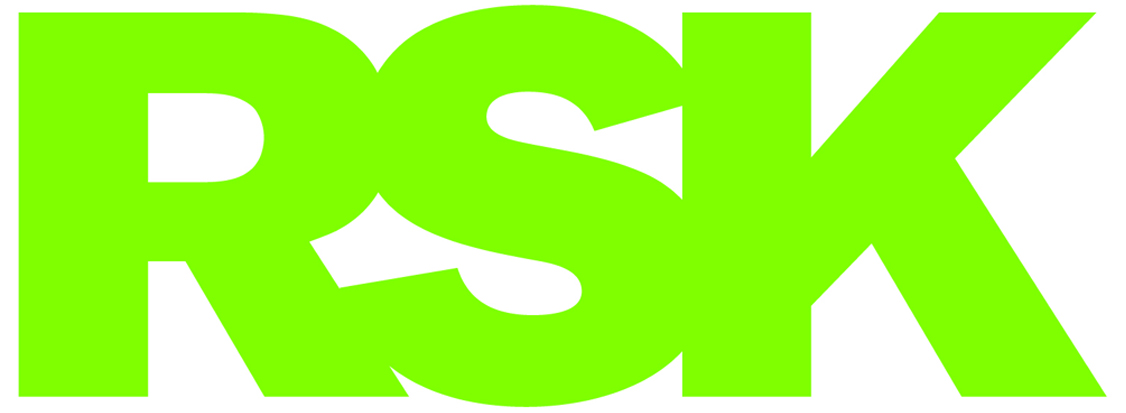





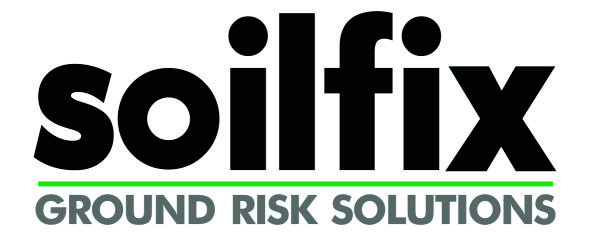
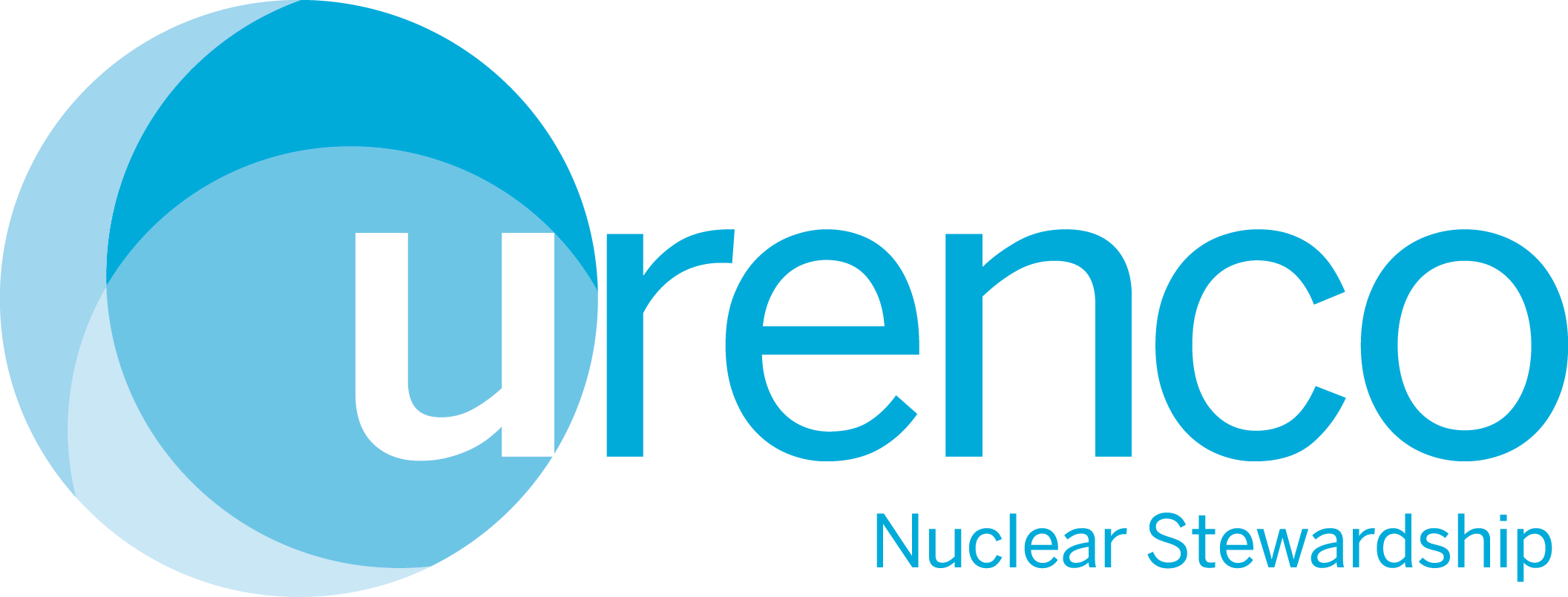
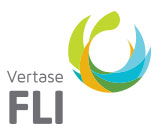
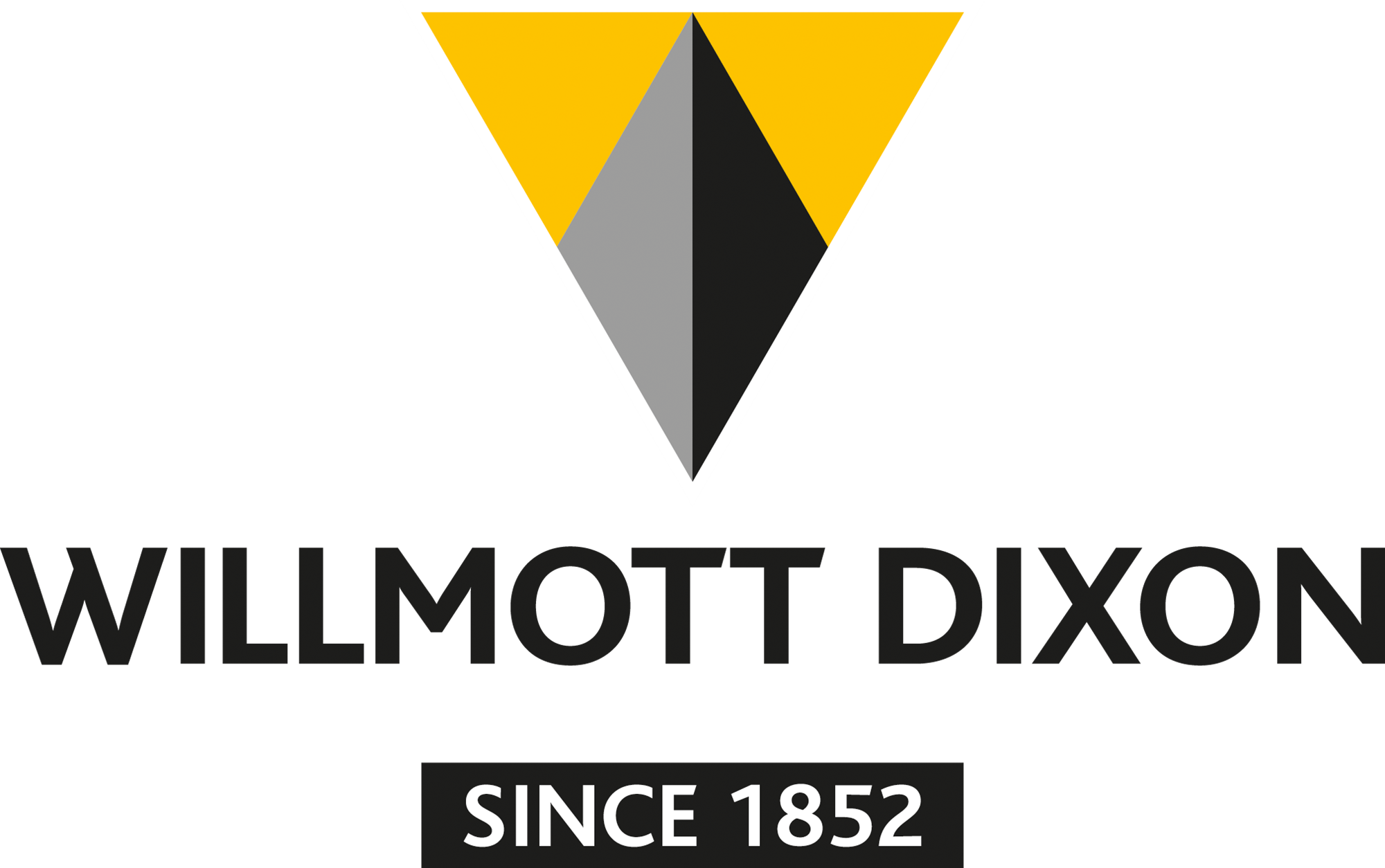

Uncategorised Article Count: 4
About CL:AIRE Article Count: 10
Accounts Article Count: 5
News Article Count: 763
CL:AIRE's charitable remit is to encourage discussion and debate of important issues in the world of sustainable land reuse.
If you would like to submit an article on the latest developments in your field, or have an idea for a topic you would like CL:AIRE to cover, please email enquiries@claire.co.uk
All articles are reviewed in-house to ensure quality and independence.
DoWCoP Article Count: 59
News of particular interest to DoWCoP QPs.
Local Authority News Article Count: 1
Projects and Initiatives Article Count: 2
CL:AIRE is heavily involved with a number of projects and industry-led initiatives (e.g. on waste reuse, sustainable remediation, asbestos in soil, etc) and plays a significant role in the dissemination of useful, relevant and peer-reviewed information on issues affecting the brownfield and contaminated land sector. CL:AIRE also encourages project partners to undertake technology demonstration and research projects (“CL:AIRE projects”) to raise the contaminated land industry's awareness of, and confidence in, technologies that have been applied on real sites.
CL:AIRE actively seeks the participation of site owners, consultants, developers, remediation companies, technology providers and academics to become project partners.
For more information about any of these projects or services that we may be able to provide, please contact one of CL:AIRE’s project team by phone on 01182281488.
Benefits of CL:AIRE Project Partnership
Establishing a partnership with CL:AIRE will provide a range of key benefits:
Service Providers (consultants, contractors, labs, technology vendors)
- Profile – CL:AIRE is committed to promoting business opportunities for all our project partners, by linking problem holders with solution providers and promoting within the UK and abroad
- Dissemination – Benefit from bulletins, project reports, eAlerts, conferences and workshops and our website portal to reach over 2,000 contacts in the UK and abroad
- Credibility – Our unique approach allows your demonstration to be reviewed by an experienced, highly-regarded and credible third party (the Technology and Research Group)
- Business opportunities – Expand your business through our network and sponsorship opportunities at our national and regional conferences and events
- Access – CL:AIRE endeavours to give you access to suitable sites for testing and trialling new technologies.
Site Owners and Developers
- Profile – Benefit from tailored publicity in our bulletins, reports, eAlerts and on our website to communicate your organisation’s commitment to sustainability to our 2,000 strong UK and international network
- Confidence – Our credible, third party review of your project by the highly-regarded Technology and Research Group can help provide much-needed confidence
- Knowledge – Gain a better understanding of technologies that may be applied to your sites
- Potential Cost Savings – Discover opportunities for improving efficiency and using cost-effective land management options
- Partnership – CL:AIRE can work collaboratively with your current partners
- Community – Our community guides and teaching aids inform and promote remediation within communities, and serve to manage risk communication on a wider scale.
Research Groups
- Profile – Enjoy valuable publicity for your latest developments to a wider market
- Dissemination – Benefit from bulletins, project reports, eAlerts, conferences and workshops and our website portal to reach over 2,000 contacts in the UK and abroad
- Strategy – Discuss and refine your approach with CL:AIRE and benefit from our team’s wealth of knowledge and data archives
- Funding – In certain cases, CL:AIRE can help acquire funding for key research projects through our network partners
- Access – We will endeavour to give you access to an appropriate site to develop your technology.
Definition of Waste: Code of Practice Article Count: 6
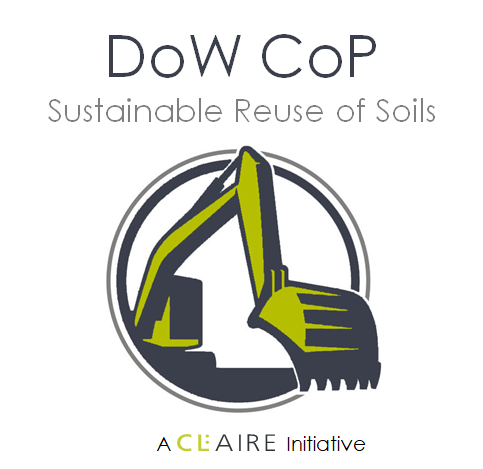
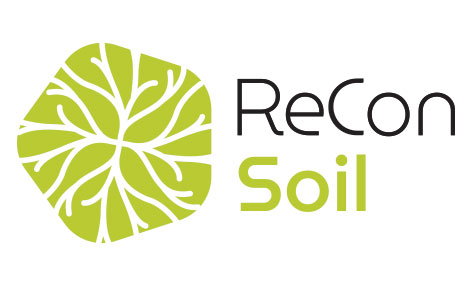
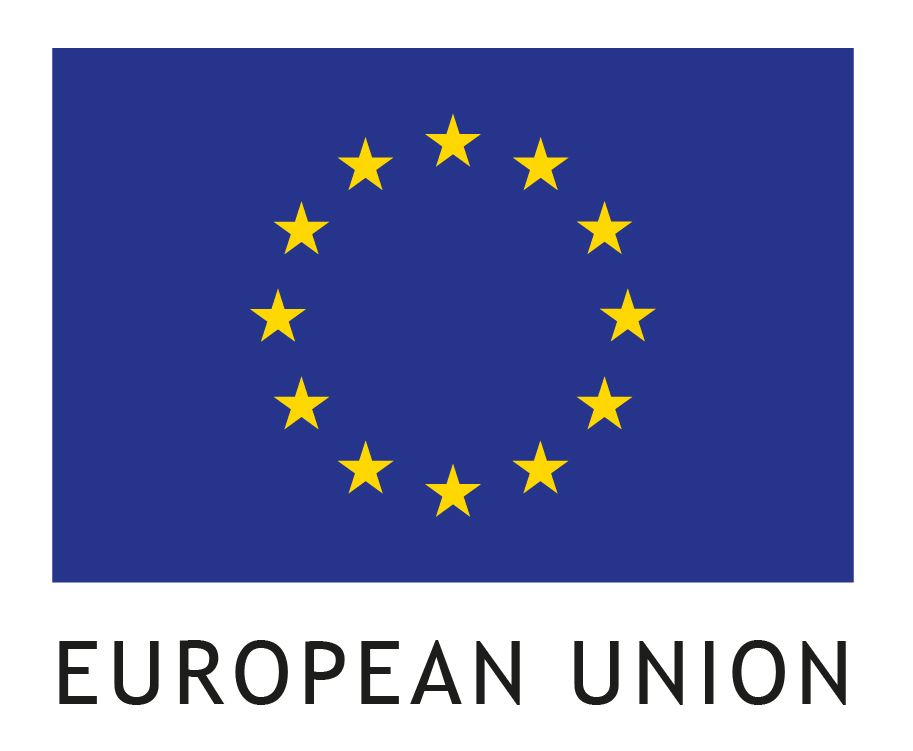
The DoW CoP provides a clear, consistent and efficient process which enables the reuse of excavated materials on-site or their movement between sites.
Use of the DoW CoP supports the sustainable and cost-effective development of land. It can provide an alternative to Environmental Permits or Waste Exemptions.
The DoW CoP enables:
- the direct transfer and reuse of clean naturally occurring soil materials between sites
- the conditions to support the establishment/operation of fixed soil treatment facilities
- the reuse of both contaminated/uncontaminated materials on their site of origin and between sites within defined Cluster projects
ReCon Soil
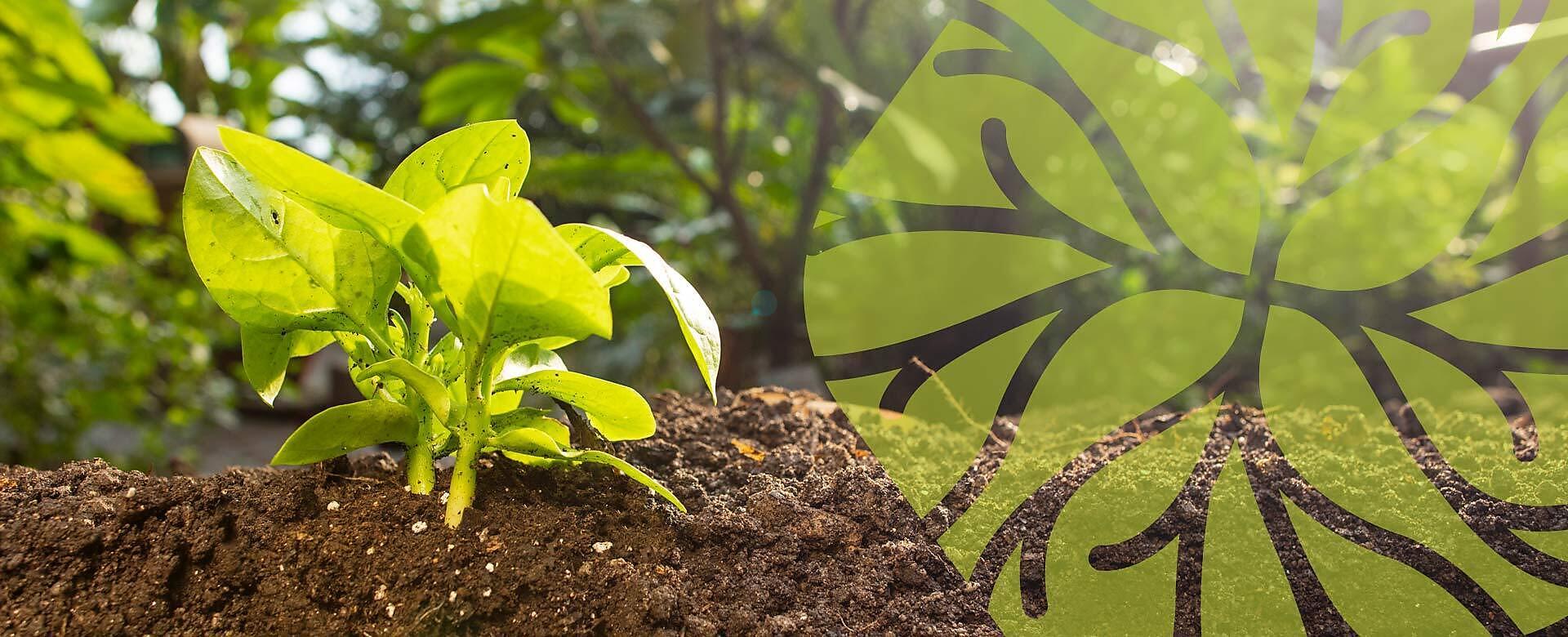
- The Project
- Partners
- Low-carbon Networks
- Toolkit
- Press & Media
The ReCon Soil project studied the potential reuse of surplus materials from the construction industry.
The €2.5million ReCon Soil project, supported by €1.8million from the European Regional Development Fund via the Interreg France (Channel) England programme, started in April 2021 and ended in June 2023.
It brought together scientists, industry and educators to revolutionise how waste material from construction projects is managed, both from a scientific and regulatory perspective.
The project aimed to halt the amounts being paid by the industry to dispose of waste soil from building sites across the UK and France – estimated at more than €3.5billion per annum.
ReCon Soil was led by researchers at the University of Plymouth (UK), who have extensive experience in the development of reconstructed soils and the wider physical and social impacts of soil erosion and degradation. Working with a range of partners in the UK and France, they developed three new soil recipes made from locally-sourced construction waste and agricultural by-products. These recipes were thoroughly investigated in laboratories in Plymouth, and at sites in the UK and France, to monitor their effectiveness and potential environmental impact. The data from those studies were incorporated into blueprints detailing when and where the soils can be deployed, and any amendments needed to ensure their effective deployment.
The world is hugely reliant on good quality soils for food security and their ability to store carbon. However, soils are under both human and climate pressures which means there is a need to develop resilient and sustainable alternatives. Human intervention to sustain and improve soil was an ancient practice in the Amazon Basin and reconstructed soils can unquestionably be part of future solutions to soil health and climate mitigation. This project offers the exciting prospect of focussing the scientific and practical expertise of the project team to develop healthy soils and enable this process to be rolled out in the UK, France and beyond.Mark Fitzsimons
Professor of Environmental Chemistry at the University of Plymouth
ReCon Soil Project Principal Investigator
Read More
 The University of Plymouth is home to world-leading researchers in various aspects of soil research. Working with partners including the world-famous Eden Project, it has over a decade of expertise in the design and manufacture of reconstructed soils. This includes measuring the effectiveness of soil recipes and the nutrients that need adding to ensure optimum mixes and working with industry and agriculture to ensure they are fit for purpose.
The University of Plymouth is home to world-leading researchers in various aspects of soil research. Working with partners including the world-famous Eden Project, it has over a decade of expertise in the design and manufacture of reconstructed soils. This includes measuring the effectiveness of soil recipes and the nutrients that need adding to ensure optimum mixes and working with industry and agriculture to ensure they are fit for purpose.
It has also led internationally significant research in Europe, Africa and South America looking at the causes and effects of soil degradation. That research has suggested that an interdisciplinary approach – which includes engaging local communities – is the only way to secure real and lasting change and avoid such devastating impacts on traditional farming landscapes.
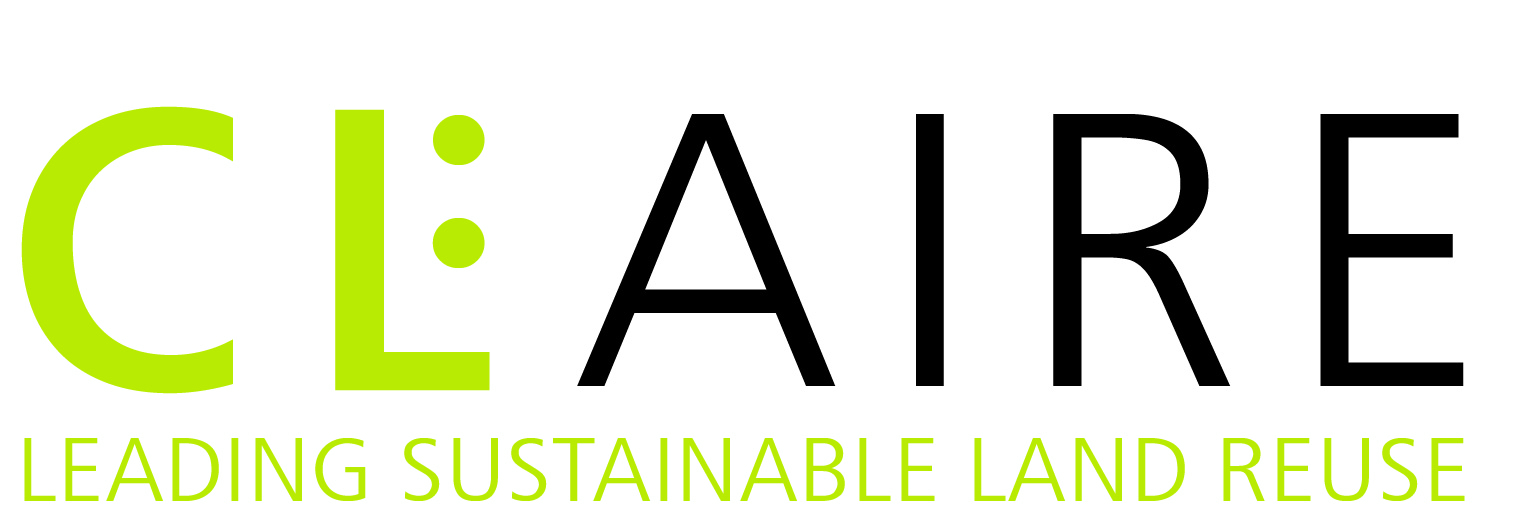 CL:AIRE is an educational charity that works with industry, through its membership, to identify common problems in the field of sustainable land management. Using its extensive experience of developing industry-led initiatives, it works with highly respected experts and government to develop solutions which are tested and critiqued by our Members to ensure they are fit for purpose. It promotes innovative materials management and brownfield redevelopment including contaminated land remediation across a number of sectors and has a breadth of expertise in technology development, dissemination and knowledge transfer.
CL:AIRE is an educational charity that works with industry, through its membership, to identify common problems in the field of sustainable land management. Using its extensive experience of developing industry-led initiatives, it works with highly respected experts and government to develop solutions which are tested and critiqued by our Members to ensure they are fit for purpose. It promotes innovative materials management and brownfield redevelopment including contaminated land remediation across a number of sectors and has a breadth of expertise in technology development, dissemination and knowledge transfer.
CL:AIRE independent technical advisory group, the Technology and Research Group (TRG), is made up of leading land contamination practitioners who provide transparent review of CL:AIRE’s outputs which include an extensive range of materials for technical and non-technical audiences, including bulletins, reports, webinars, videos and animations.
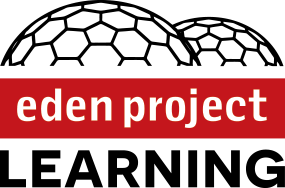
Eden Project Learning (EPL) is an educational partnership between the Eden Project and The Cornwall College Group and offers undergraduates and postgraduates the opportunity to gain recognised qualifications from HNC to MSc, while gaining practical hands-on experience in an extraordinary learning environment at Eden Project, UK.
EPL is one of the largest degree level plant science groups in the UK, with soil science as a core component of all education programmes. Based at the Eden Project, EPL has unique access to the Eden Project biomes, labs, and 20-year-old soils constructed from waste materials and alongside the ReCon Soil project partners, EPL shares decades of expertise in the design and manufacture of reconstructed soils.
EPL soils and plant science physiological expertise will have substantial input in ReCon Soil project work packages, developing soil recipes and investigating through plant growth experiments and plant/soils analysis. Through its public engagement at Eden Project and Citizen Science, as well as through training a range of beneficiary/stakeholder groups, EPL will be a key partner on the ReCon Soil project as a prominent outreach platform via Eden Project, communicating scientific plant and soils knowledge to the public (approx. 7000 visitors per day).
 The Bureau de Recherches Géologiques et Minières (BRGM) in Normandy, France, is the national geological service and is the benchmark public establishment in France for the application of Earth sciences to manage the resources and risks of the soil and subsoil with a view to sustainable development.
The Bureau de Recherches Géologiques et Minières (BRGM) in Normandy, France, is the national geological service and is the benchmark public establishment in France for the application of Earth sciences to manage the resources and risks of the soil and subsoil with a view to sustainable development.
BRGM's role within the ReCon Soil project is to:
- Establish a database of local waste with potential for soil restoration in an agricultural or urban development context.
- Develop and test soil formulations from the identified waste by developing a pilot-scale soil construction demonstrator to study their safety, as well as their potential for carbon sequestration.
- Establish a life cycle analysis of this waste-to-energy approach as a low-carbon technology and identify potential environmental benefits.
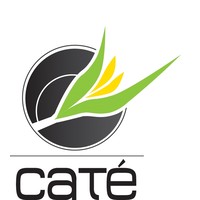 Comité d’Action Technique et Economique (CATÉ), Bretagne, is an experimental centre based in the heart of the vegetable and horticultural production area of Brittany. The station carries out regional, national and European programmes of experimentation on fresh vegetables, ornamental horticulture and cultivated mushrooms. These programmes seek to resolve technical issues which may be encountered in production and develop the diversification and segmentation of the products.
Comité d’Action Technique et Economique (CATÉ), Bretagne, is an experimental centre based in the heart of the vegetable and horticultural production area of Brittany. The station carries out regional, national and European programmes of experimentation on fresh vegetables, ornamental horticulture and cultivated mushrooms. These programmes seek to resolve technical issues which may be encountered in production and develop the diversification and segmentation of the products.
Located in St Pol de Léon, in the heart of the vegetable and horticultural area of Brittany, the station conducts regional and national experimental programs in fresh vegetables, ornamental horticulture and cultivated mushrooms. These programs aim to solve the technical problems encountered in production or to respond to changes in consumption.
 At the heart of the concerns of the University of Le Havre Normandie, is the dissemination of scientific culture at the interface of several major axes: the access of all citizens to scientific knowledge, the development of a taste for science in the youngest and enhancement of scientific and technical heritage.
At the heart of the concerns of the University of Le Havre Normandie, is the dissemination of scientific culture at the interface of several major axes: the access of all citizens to scientific knowledge, the development of a taste for science in the youngest and enhancement of scientific and technical heritage.
On the strength of the dynamism of its research structures, the University of Le Havre Normandie has initiated the organization of numerous scientific events, the publication of scientific works, in particular within the framework of a publication service carried out both by the University of Rouen Normandy and the University of Le Havre Normandy, or the organization of scientific mediation actions for the general public.
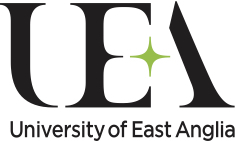 University of East Anglia is a partner organisation in this cross-Channel research project, bringing expertise in soil science, spatial analysis and environmental economics.
University of East Anglia is a partner organisation in this cross-Channel research project, bringing expertise in soil science, spatial analysis and environmental economics.
The Research Excellence Framework assessment (2014) showed that over 82% of UEA's research activity was "world-leading" or "internationally excellent”. The School of Environmental Sciences is one of the longest established, largest and most fully developed interdisciplinary institutions of its kind in Europe. In 2017, The Queen’s Anniversary Prize for Higher and Further Education, was awarded to the School, marking 50 years of ground-breaking environmental science research and teaching.
Read MoreThe ReCon Soil Project will establish low-carbon technology networks, with members from the construction, agricultural, conservation, and public sectors.
These networks will focus on contributions from five key sectors:
- Users e.g. consultants / contractors
- Regulators
- Academia
- Champions / Influencers
- Specialists e.g. labs, tech providers
Read More
| The ReCon Soil Toolkit | ||
| Reconstructed Soil Factsheets | Three factsheets detailing the physical, chemical and microbial properties of the three ReCon Soil recipes. | |
| ReCon Soil and DoW CoP Briefing | Short form summary document introducing the work of ReCon Soil and how it can fit within existing soils reuse guidance in England and Wales. | |
| DoW CoP Guidance Bulletin 3 | This bulletin serves to provide the reader with a summary of the Definition of Waste: Development Industry Code of Practice (DoW CoP) (CL:AIRE, 2011), its purpose and application and a reminder of the importance and value of managing soil sustainably. | |
|
Protocol for assessment of waste materials for use in reconstructed soils |
Guidance document on considerations to be made prior to reconstruction and deployment of soils. | |
| Materials reuse flow diagram | Flow diagram showing materials reuse for construction projects in England and Wales | |
| Is my soil a waste? Decision flow diagram | Decision flow diagram to determine whether soils are likely to be a waste. | |
| Register of Materials User Guide | User guide for the Register of Materials, the service that facilitates connections between Donor and Receiver sites to enable reuse. | |
| Carbon ReConer© Soil Recipe Design Tool | Tool in Excel that enables users to simulate the carbon stability profile of their reconstructed soils by combining proportions of assessed candidate materials. A manual for the use of this tool is included on sheet 2 of the document. Further information about the assessment of the materials can be found in the Factsheet - Carbon stability in ReCon Soil component materials | |
| Factsheet - Carbon stability in ReCon Soil component materials | This factsheet accounts the carbon stability profiles of two reference materials (cellulose and lignin) and 31 candidate component materials with potential to be used to construct soils. | |
| Factsheet - Carbon storage potential of ReCon Soil constructed soils | This factsheet provides the carbon storage data for three ReCon Soil constructed soils. The carbon storage potentials of these soils have been benchmarked against native ‘natural’ soils. | |
| Paper - A Life Cycle Assessment for Reconstructed Soil | Life Cycle Assessment including tables of impacts for soil components, soil amendments, transport and other machinery. | |
| Life Cycle Assessment: A step-by-step guide to estimating environmental impacts | A step by step guide to enable industry users to produce a Life Cycle Assessment on the reconstruction and reuse of their own soils. | |
| Cost Benefit Analysis: A step-by-step guide to estimating economic impacts | A step by step guide to enable industry users to produce a Cost Benefit Analysis on the reconstruction and reuse of their own soils. | |
| Case study - Reconstructed soils from waste - a field study at The Lost Gardens of Heligan | Case study on the deployment of reconstructed soils alongside alternative soil preparation methods at a public demonstration plot. | |
|
Sustainable soil management during construction stockpiling – Bicton field trial |
Case study on the impact of soil management and stockpiling on soil quality, structure and biodiversity. | |
|
The impact of cover crops on microbial activity and community composition in stockpiled soils |
Case study on the impact of cover crops on microbial activity and community composition. | |
|
Effect of electro-kinetic remediation of dredged sediments on zucchini growth |
Study on the use of electro-kinetic remediation of dredged sediments and the impact on their subsequent use as a plant growth medium. | |
|
Soil sensor deployment protocol leaflet |
Summary leaflet for sensor technologies and their application through various stages of the development and construction. | |
|
Soil sensor protocol poster |
Thought provoking poster highlighting uses of soil sensor technology, and their importance in managing soil as a resource. | |
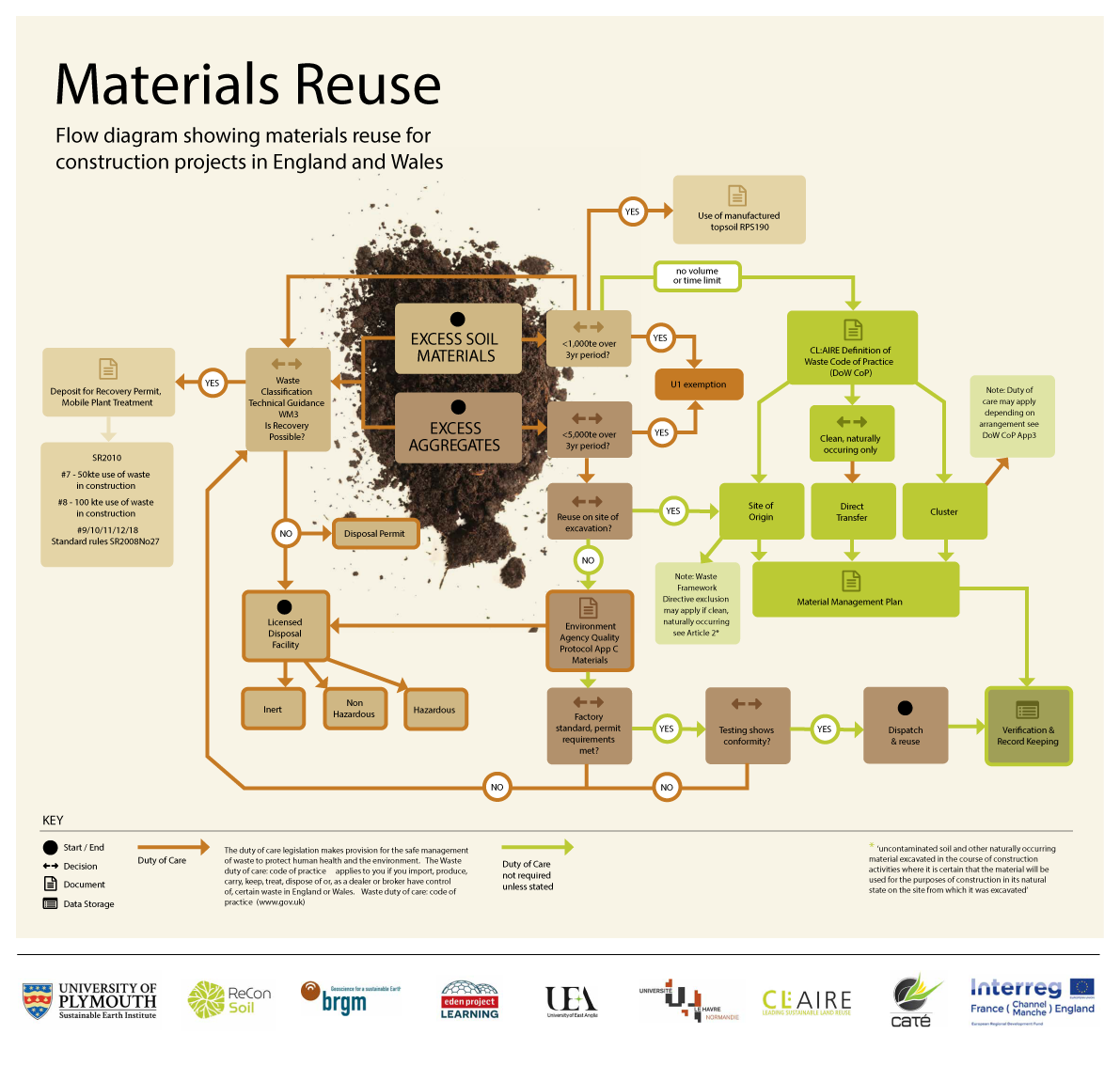
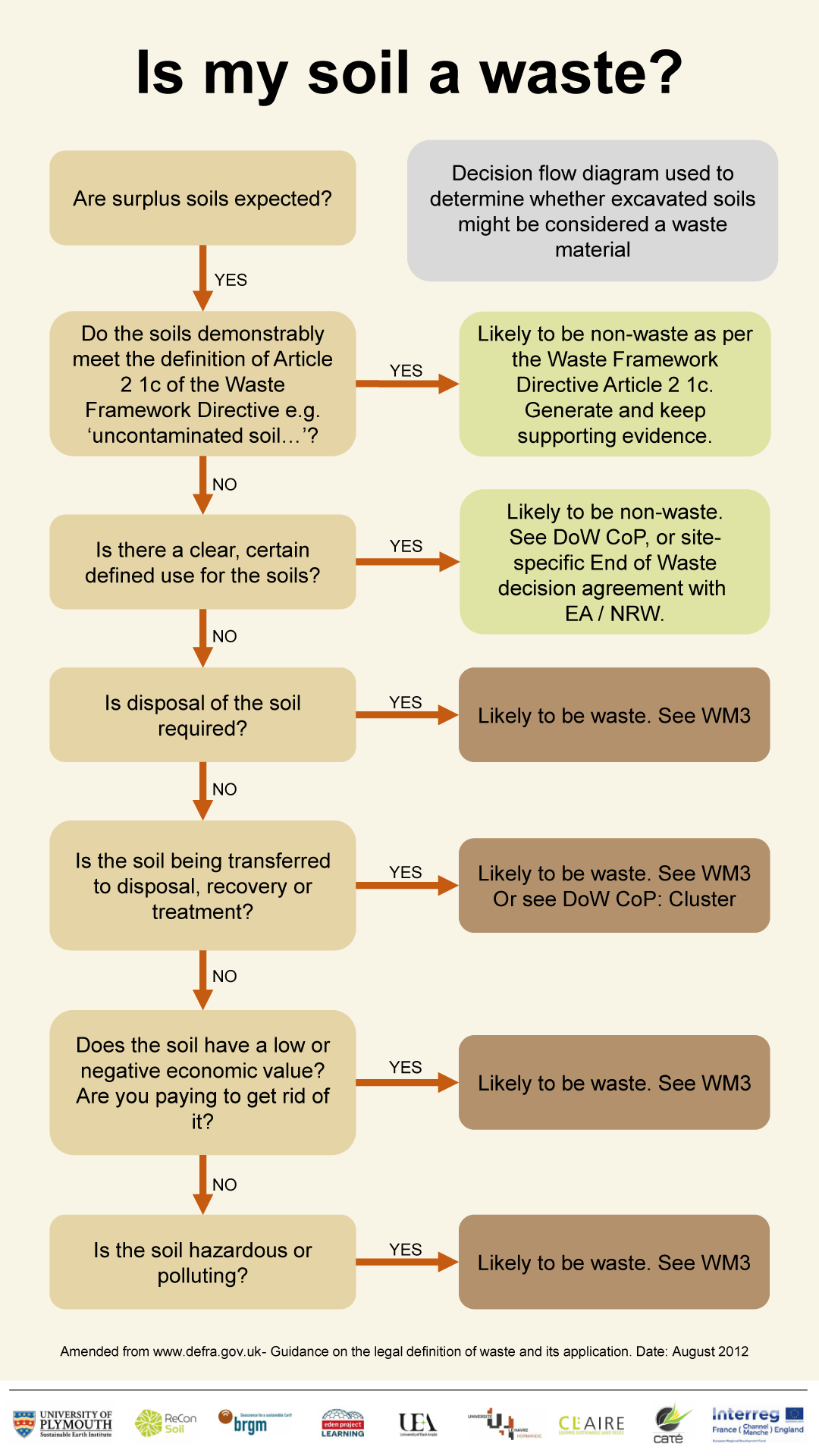
Framework and Guidance Article Count: 7
The following documents can be downloaded:
Executing DoWCoP Projects Article Count: 9
The following documents can be downloaded:
Supporting materials Article Count: 3
The following documents can be downloaded:
Register of Materials Article Count: 1
SuRF International Affiliates Article Count: 1
Asbestos in Soil, Made Ground, Construction and Demolition Materials Article Count: 3

SuRF-UK is the United Kingdom’s Sustainable Remediation Forum – an initiative set up to progress the UK understanding of sustainable remediation. SuRF-UK is also a member of International Sustainable Remediation Alliance (ISRA).
SuRF-UK Roadmap
| SuRF-UK Framework and Annex 1 - Indicator Set | |||
| SuRF-UK Indicator Report | |||
| Sustainable Management Practices | |||
| Tier 1- Qualitative Assessment SuRF-UK Briefcase |
Tier 2 - Semi-quantitative Assessment Links to guidance |
Tier 3 - Quantitative Assessment Links to guidance |
|
| Illustrative Case Studies, reports, information sources SuRF-UK Case Studies and Bulletins, Journal Papers, SuRF-UK webinar |
|||
To navigate through the SuRF-UK web pages, please hover over the relevant section that you require on the road map and short cuts will direct you to the relevant page, alternatively navigate using the articles index on the right.
Land Forum Article Count: 2
Conland Expert Panel Article Count: 1
GWSDAT Article Count: 3
Sabre Article Count: 1
EuroDemo Article Count: 1
SUBR:IM Article Count: 1
SIReN Article Count: 1
CoSTaR Article Count: 1
Generic Assessment Criteria (GAC) Article Count: 1
CL:AIRE Projects Article Count: 1
NQMS for Land Contamination Management Article Count: 1
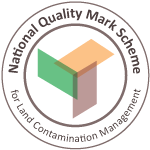 The National Quality Mark Scheme for Land Contamination Management (NQMS) is a scheme that has been developed by the National Brownfield Forum (formerly known as Land Forum) to provide visible identification of documents that have been checked for quality by a Suitably Qualified and experienced Person (SQP). It provides increased confidence and improved quality of submissions made under regulatory regimes, particularly planning applications, related to previously used land.
The National Quality Mark Scheme for Land Contamination Management (NQMS) is a scheme that has been developed by the National Brownfield Forum (formerly known as Land Forum) to provide visible identification of documents that have been checked for quality by a Suitably Qualified and experienced Person (SQP). It provides increased confidence and improved quality of submissions made under regulatory regimes, particularly planning applications, related to previously used land.
The National Brownfield Forum has facilitated the development of this nationally recognised system for ensuring a satisfactory standard of work that, through endorsement by the Forum and through joint ownership by National Brownfield Forum members, can be considered to have support and acceptance across the community.
The initiative is supported in principle by the Ministry of Housing, Communities and Local Government (MHCLG) and the Department for Environment, Food and Rural Affairs (DEFRA) and a positive response has also been received from individual devolved administrations.
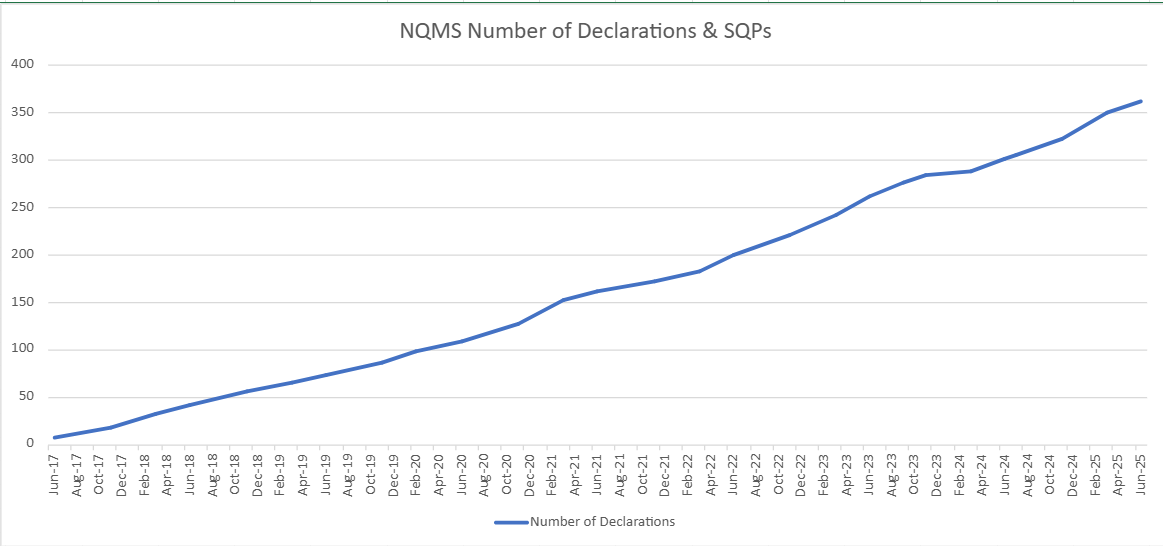
NQMS Roadmap
|
Framework of Scheme |
Overview of NQMS Scheme | ||
| Brief introduction to NQMS scheme | |||
| What is a Suitably Qualified Person (SQP)? | |||
|
The NQMS Process |
The NQMS Declaration Process | ||
| SQP Register | Brownfields Skills Framework | Water & Land Library (WALL) | |
|
Useful Information & Links |
Accredited Risk Assessor Training Provider - SoBRA |
||
To navigate through the NQMS web pages, please hover over the relevant section that you require on the road map and short cuts will direct you to the relevant page, alternatively navigate using the articles index on the right.
Framework of Scheme Article Count: 2
The following documents can be downloaded:
Supporting SQP Process Article Count: 4
The following documents can be downloaded:
Useful Information & Links Article Count: 3
The following documents can be downloaded:
LNAPL Illustrated Handbook Article Count: 7
Gas Protection Verification Accreditation Scheme Article Count: 0
 The Gas Protection Verification Accreditation Scheme (GPVS) is a scheme that seeks to raise standards in membrane inspection, verification and reporting and provide all stakeholders involved in land contamination management with confidence that risks associated with ground gases have been adequately managed. The scheme applies to both the practical installation of the gas mitigation measures and to the verification reporting process. Recognising different personnel often undertake inspection and reporting, there are two separate accreditation routes to demonstrate competence ‘Specialist in Gas Protection Verification’ (SGPV) and ‘Technician in Gas Protection Verification’ (TGPV).
The Gas Protection Verification Accreditation Scheme (GPVS) is a scheme that seeks to raise standards in membrane inspection, verification and reporting and provide all stakeholders involved in land contamination management with confidence that risks associated with ground gases have been adequately managed. The scheme applies to both the practical installation of the gas mitigation measures and to the verification reporting process. Recognising different personnel often undertake inspection and reporting, there are two separate accreditation routes to demonstrate competence ‘Specialist in Gas Protection Verification’ (SGPV) and ‘Technician in Gas Protection Verification’ (TGPV).
GPVS Roadmap
To navigate through the GPVS web pages, please navigate using the articles index on the right.
Scheme Framework Article Count: 8
The following documents can be downloaded:
GPVS Processes Article Count: 5
The following documents can be downloaded:
Useful Information & Links Article Count: 5
The following documents can be downloaded:
Accredited Person Application Process Article Count: 1
ReCon Soil Article Count: 5

- The Project
- Partners
- Low-carbon Networks
- Toolkit
- Press & Media
The ReCon Soil project studied the potential reuse of surplus materials from the construction industry.
The €2.5million ReCon Soil project, supported by €1.8million from the European Regional Development Fund via the Interreg France (Channel) England programme, started in April 2021 and ended in June 2023.
It brought together scientists, industry and educators to revolutionise how waste material from construction projects is managed, both from a scientific and regulatory perspective.
The project aimed to halt the amounts being paid by the industry to dispose of waste soil from building sites across the UK and France – estimated at more than €3.5billion per annum.
ReCon Soil was led by researchers at the University of Plymouth (UK), who have extensive experience in the development of reconstructed soils and the wider physical and social impacts of soil erosion and degradation. Working with a range of partners in the UK and France, they developed three new soil recipes made from locally-sourced construction waste and agricultural by-products. These recipes were thoroughly investigated in laboratories in Plymouth, and at sites in the UK and France, to monitor their effectiveness and potential environmental impact. The data from those studies were incorporated into blueprints detailing when and where the soils can be deployed, and any amendments needed to ensure their effective deployment.
The world is hugely reliant on good quality soils for food security and their ability to store carbon. However, soils are under both human and climate pressures which means there is a need to develop resilient and sustainable alternatives. Human intervention to sustain and improve soil was an ancient practice in the Amazon Basin and reconstructed soils can unquestionably be part of future solutions to soil health and climate mitigation. This project offers the exciting prospect of focussing the scientific and practical expertise of the project team to develop healthy soils and enable this process to be rolled out in the UK, France and beyond.Mark Fitzsimons
Professor of Environmental Chemistry at the University of Plymouth
ReCon Soil Project Principal Investigator
Read More
 The University of Plymouth is home to world-leading researchers in various aspects of soil research. Working with partners including the world-famous Eden Project, it has over a decade of expertise in the design and manufacture of reconstructed soils. This includes measuring the effectiveness of soil recipes and the nutrients that need adding to ensure optimum mixes and working with industry and agriculture to ensure they are fit for purpose.
The University of Plymouth is home to world-leading researchers in various aspects of soil research. Working with partners including the world-famous Eden Project, it has over a decade of expertise in the design and manufacture of reconstructed soils. This includes measuring the effectiveness of soil recipes and the nutrients that need adding to ensure optimum mixes and working with industry and agriculture to ensure they are fit for purpose.
It has also led internationally significant research in Europe, Africa and South America looking at the causes and effects of soil degradation. That research has suggested that an interdisciplinary approach – which includes engaging local communities – is the only way to secure real and lasting change and avoid such devastating impacts on traditional farming landscapes.
 CL:AIRE is an educational charity that works with industry, through its membership, to identify common problems in the field of sustainable land management. Using its extensive experience of developing industry-led initiatives, it works with highly respected experts and government to develop solutions which are tested and critiqued by our Members to ensure they are fit for purpose. It promotes innovative materials management and brownfield redevelopment including contaminated land remediation across a number of sectors and has a breadth of expertise in technology development, dissemination and knowledge transfer.
CL:AIRE is an educational charity that works with industry, through its membership, to identify common problems in the field of sustainable land management. Using its extensive experience of developing industry-led initiatives, it works with highly respected experts and government to develop solutions which are tested and critiqued by our Members to ensure they are fit for purpose. It promotes innovative materials management and brownfield redevelopment including contaminated land remediation across a number of sectors and has a breadth of expertise in technology development, dissemination and knowledge transfer.
CL:AIRE independent technical advisory group, the Technology and Research Group (TRG), is made up of leading land contamination practitioners who provide transparent review of CL:AIRE’s outputs which include an extensive range of materials for technical and non-technical audiences, including bulletins, reports, webinars, videos and animations.

Eden Project Learning (EPL) is an educational partnership between the Eden Project and The Cornwall College Group and offers undergraduates and postgraduates the opportunity to gain recognised qualifications from HNC to MSc, while gaining practical hands-on experience in an extraordinary learning environment at Eden Project, UK.
EPL is one of the largest degree level plant science groups in the UK, with soil science as a core component of all education programmes. Based at the Eden Project, EPL has unique access to the Eden Project biomes, labs, and 20-year-old soils constructed from waste materials and alongside the ReCon Soil project partners, EPL shares decades of expertise in the design and manufacture of reconstructed soils.
EPL soils and plant science physiological expertise will have substantial input in ReCon Soil project work packages, developing soil recipes and investigating through plant growth experiments and plant/soils analysis. Through its public engagement at Eden Project and Citizen Science, as well as through training a range of beneficiary/stakeholder groups, EPL will be a key partner on the ReCon Soil project as a prominent outreach platform via Eden Project, communicating scientific plant and soils knowledge to the public (approx. 7000 visitors per day).
 The Bureau de Recherches Géologiques et Minières (BRGM) in Normandy, France, is the national geological service and is the benchmark public establishment in France for the application of Earth sciences to manage the resources and risks of the soil and subsoil with a view to sustainable development.
The Bureau de Recherches Géologiques et Minières (BRGM) in Normandy, France, is the national geological service and is the benchmark public establishment in France for the application of Earth sciences to manage the resources and risks of the soil and subsoil with a view to sustainable development.
BRGM's role within the ReCon Soil project is to:
- Establish a database of local waste with potential for soil restoration in an agricultural or urban development context.
- Develop and test soil formulations from the identified waste by developing a pilot-scale soil construction demonstrator to study their safety, as well as their potential for carbon sequestration.
- Establish a life cycle analysis of this waste-to-energy approach as a low-carbon technology and identify potential environmental benefits.
 Comité d’Action Technique et Economique (CATÉ), Bretagne, is an experimental centre based in the heart of the vegetable and horticultural production area of Brittany. The station carries out regional, national and European programmes of experimentation on fresh vegetables, ornamental horticulture and cultivated mushrooms. These programmes seek to resolve technical issues which may be encountered in production and develop the diversification and segmentation of the products.
Comité d’Action Technique et Economique (CATÉ), Bretagne, is an experimental centre based in the heart of the vegetable and horticultural production area of Brittany. The station carries out regional, national and European programmes of experimentation on fresh vegetables, ornamental horticulture and cultivated mushrooms. These programmes seek to resolve technical issues which may be encountered in production and develop the diversification and segmentation of the products.
Located in St Pol de Léon, in the heart of the vegetable and horticultural area of Brittany, the station conducts regional and national experimental programs in fresh vegetables, ornamental horticulture and cultivated mushrooms. These programs aim to solve the technical problems encountered in production or to respond to changes in consumption.
 At the heart of the concerns of the University of Le Havre Normandie, is the dissemination of scientific culture at the interface of several major axes: the access of all citizens to scientific knowledge, the development of a taste for science in the youngest and enhancement of scientific and technical heritage.
At the heart of the concerns of the University of Le Havre Normandie, is the dissemination of scientific culture at the interface of several major axes: the access of all citizens to scientific knowledge, the development of a taste for science in the youngest and enhancement of scientific and technical heritage.
On the strength of the dynamism of its research structures, the University of Le Havre Normandie has initiated the organization of numerous scientific events, the publication of scientific works, in particular within the framework of a publication service carried out both by the University of Rouen Normandy and the University of Le Havre Normandy, or the organization of scientific mediation actions for the general public.
 University of East Anglia is a partner organisation in this cross-Channel research project, bringing expertise in soil science, spatial analysis and environmental economics.
University of East Anglia is a partner organisation in this cross-Channel research project, bringing expertise in soil science, spatial analysis and environmental economics.
The Research Excellence Framework assessment (2014) showed that over 82% of UEA's research activity was "world-leading" or "internationally excellent”. The School of Environmental Sciences is one of the longest established, largest and most fully developed interdisciplinary institutions of its kind in Europe. In 2017, The Queen’s Anniversary Prize for Higher and Further Education, was awarded to the School, marking 50 years of ground-breaking environmental science research and teaching.
Read MoreThe ReCon Soil Project will establish low-carbon technology networks, with members from the construction, agricultural, conservation, and public sectors.
These networks will focus on contributions from five key sectors:
- Users e.g. consultants / contractors
- Regulators
- Academia
- Champions / Influencers
- Specialists e.g. labs, tech providers
Read More
| The ReCon Soil Toolkit | ||
| Reconstructed Soil Factsheets | Three factsheets detailing the physical, chemical and microbial properties of the three ReCon Soil recipes. | |
| ReCon Soil and DoW CoP Briefing | Short form summary document introducing the work of ReCon Soil and how it can fit within existing soils reuse guidance in England and Wales. | |
| DoW CoP Guidance Bulletin 3 | This bulletin serves to provide the reader with a summary of the Definition of Waste: Development Industry Code of Practice (DoW CoP) (CL:AIRE, 2011), its purpose and application and a reminder of the importance and value of managing soil sustainably. | |
|
Protocol for assessment of waste materials for use in reconstructed soils |
Guidance document on considerations to be made prior to reconstruction and deployment of soils. | |
| Materials reuse flow diagram | Flow diagram showing materials reuse for construction projects in England and Wales | |
| Is my soil a waste? Decision flow diagram | Decision flow diagram to determine whether soils are likely to be a waste. | |
| Register of Materials User Guide | User guide for the Register of Materials, the service that facilitates connections between Donor and Receiver sites to enable reuse. | |
| Carbon ReConer© Soil Recipe Design Tool | Tool in Excel that enables users to simulate the carbon stability profile of their reconstructed soils by combining proportions of assessed candidate materials. A manual for the use of this tool is included on sheet 2 of the document. Further information about the assessment of the materials can be found in the Factsheet - Carbon stability in ReCon Soil component materials | |
| Factsheet - Carbon stability in ReCon Soil component materials | This factsheet accounts the carbon stability profiles of two reference materials (cellulose and lignin) and 31 candidate component materials with potential to be used to construct soils. | |
| Factsheet - Carbon storage potential of ReCon Soil constructed soils | This factsheet provides the carbon storage data for three ReCon Soil constructed soils. The carbon storage potentials of these soils have been benchmarked against native ‘natural’ soils. | |
| Paper - A Life Cycle Assessment for Reconstructed Soil | Life Cycle Assessment including tables of impacts for soil components, soil amendments, transport and other machinery. | |
| Life Cycle Assessment: A step-by-step guide to estimating environmental impacts | A step by step guide to enable industry users to produce a Life Cycle Assessment on the reconstruction and reuse of their own soils. | |
| Cost Benefit Analysis: A step-by-step guide to estimating economic impacts | A step by step guide to enable industry users to produce a Cost Benefit Analysis on the reconstruction and reuse of their own soils. | |
| Case study - Reconstructed soils from waste - a field study at The Lost Gardens of Heligan | Case study on the deployment of reconstructed soils alongside alternative soil preparation methods at a public demonstration plot. | |
|
Sustainable soil management during construction stockpiling – Bicton field trial |
Case study on the impact of soil management and stockpiling on soil quality, structure and biodiversity. | |
|
The impact of cover crops on microbial activity and community composition in stockpiled soils |
Case study on the impact of cover crops on microbial activity and community composition. | |
|
Effect of electro-kinetic remediation of dredged sediments on zucchini growth |
Study on the use of electro-kinetic remediation of dredged sediments and the impact on their subsequent use as a plant growth medium. | |
|
Soil sensor deployment protocol leaflet |
Summary leaflet for sensor technologies and their application through various stages of the development and construction. | |
|
Soil sensor protocol poster |
Thought provoking poster highlighting uses of soil sensor technology, and their importance in managing soil as a resource. | |


SuRF UK Article Count: 14
SuRF-UK is the United Kingdom’s Sustainable Remediation Forum – an initiative set up to progress the UK understanding of sustainable remediation and sustainable land management. SuRF-UK is also a member of International Sustainable Remediation Alliance (ISRA). SuRF- UK helps you understand how sustainable development can be applied to remediation.
Choose a role to find a pathway through the information available, or find what you need in the Roadmap below.
-
 Beginner
Beginner
-
 Learner
Learner
-
 Practitioner
Practitioner
-
 Site Owner
Site Owner
-
 Regulator
Regulator
-
 Academic
Academic
Beginner's Guide
Learn the key principles about Sustainable Remediation with a simple introduction to sustainable remediation.
Aimed at someone new to sustainability / sustainable remediation who wants or needs to understand in a basic way what it means and why and how they should do it.
Starting point: View the video animation for an overview of what sustainable remediation is.
Read SuRF Bulletin 7 - Introduction to Sustainable Remediation
Read MoreLearner's Guide
Developing knowledge about sustainable remediation.
Aimed at someone who has a basic understanding but needs to know more about what it involves, why it could be useful for them and how to implement it.
Starting point: The video animation above provides a quick overview.
Key Reading:
Debunking the Myths about Sustainable Remediation (External PDF download)
Read More
Practitioner's Guide
Guidance and tools to help you carry out a sustainable remediation or a sustainability appraisal.
Aimed at someone looking to implement simple management practices or who intends to carry out a sustainability appraisal.
Starting point: View the video animation for an overview of what sustainable remediation is.
The framework document sets out why sustainability issues associated with remediation needs to be factored in right from the outset of a project.
Key Reading:
Sustainable Management Practices for Management of Land Contamination
Read MoreStarting point: View the video animation for an overview of what sustainable remediation is
Key Reading:
Concawe Sustainable Remediation Case Studies
Read MoreTo navigate through the SuRF-UK web pages, please hover over the relevant section that you require on the road map and short cuts will direct you to the relevant page, alternatively navigate using the articles index to the right.
Roadmap
|
Framework |
The key document from 2010 that introduces the SuRF UK approach to sustainable remediation. |
||
|
General guidance on how to carry out a sustainability assessment
Guidance on choosing sustainability indicators to use in an assessment
A spreadsheet containing a list of potential sustainability indicators. Also shows where each might link to other indicators and how they connect to the UN SDGs
|
|||
| SuRF-UK Bulletins | |||
|
Executing sustainable |
Sustainable Management Practices Report and Spreadsheet 2021 |
||
|
Tier 1- Qualitative Assessment
|
Tier 2 - Semi-quantitative Assessment |
Tier 3 - Quantitative Assessment |
|
|
Supporting |
Illustrative Case Studies, reports, information sources
|
||
Supporting materials Article Count: 4
The following documents can be downloaded:
Executing Sustainable Remediation Article Count: 5
The following documents can be downloaded:
Early Careers Article Count: 5
Membership Article Count: 3
CL:AIRE Membership
CL:AIRE's Membership Scheme has two branches:
- CL:AIRE Principal Membership is for organisations looking to raise their company profile within and outside the industry and is available for an annual contribution of £3,000 ex VAT.
- CL:AIRE Supporter Membership is for organisations looking to improve and gain greater technical support and is available for an annual contribution of £500 ex VAT per organisation (£100 ex VAT for public sector).
Water and Land Library (WALL) Article Count: 1
Key documents Article Count: 4
Risk assessment (INFO-RA) Article Count: 15
Options appraisal (INFO-OA) Article Count: 3
Implementation of the Remediation Strategy (INFO-IMP) Article Count: 3
Site Characterisation (INFO-SC) Article Count: 3
Project Management (INFO-PM) Article Count: 4
Initiatives Article Count: 5
Risk Assessment Article Count: 3
Con Land Forum Article Count: 11
Events and Training Article Count: 8
20th Anniversary Conference Article Count: 1
Resources Article Count: 1
What we do Article Count: 3
Research Projects Article Count: 0
CL:AIRE supports a broad range of research interests into the characterisation, monitoring and remediation of contaminated land and is involved in the Research Projects which can be viewed and searched in the list on the right.
CL:AIRE projects are either technology demonstration projects (TDPs) or research projects (RPs) and they cover site investigation techniques, monitoring or remediation solutions.

